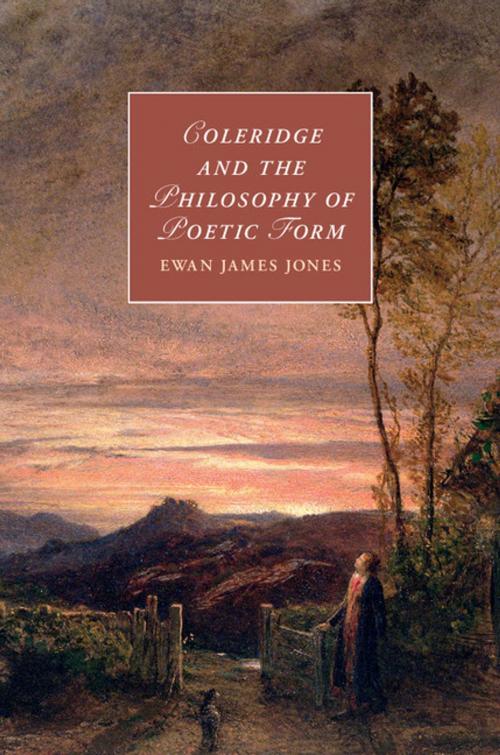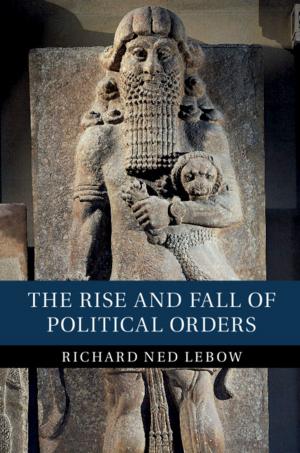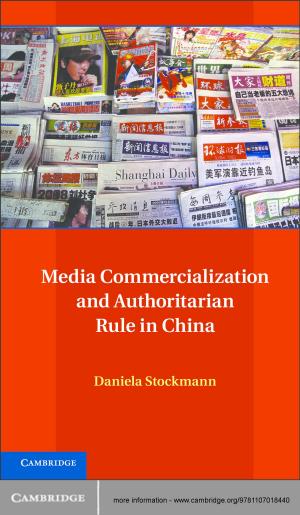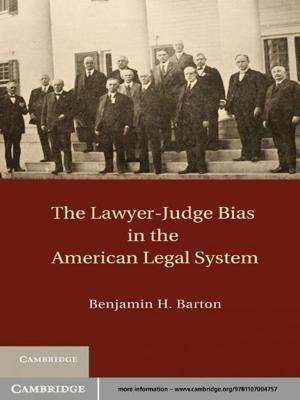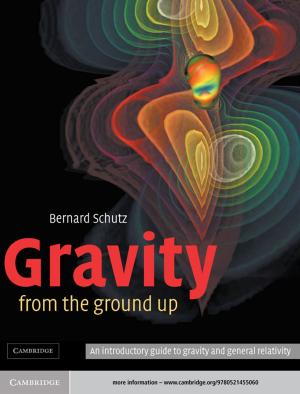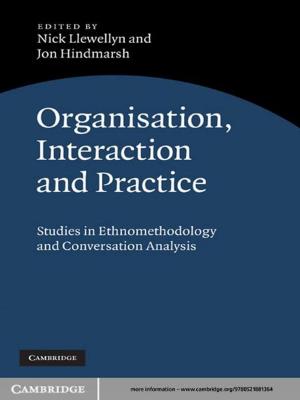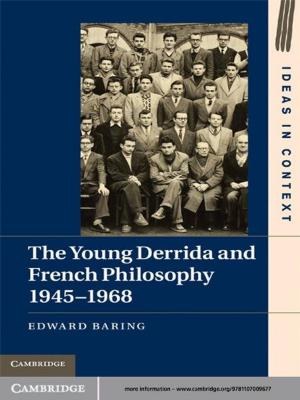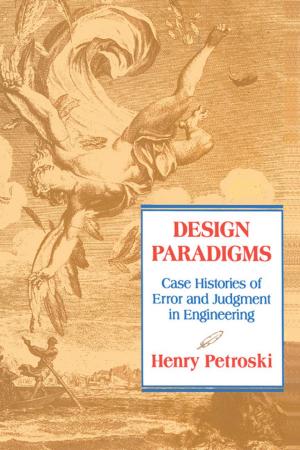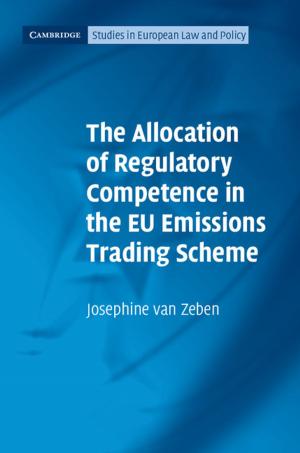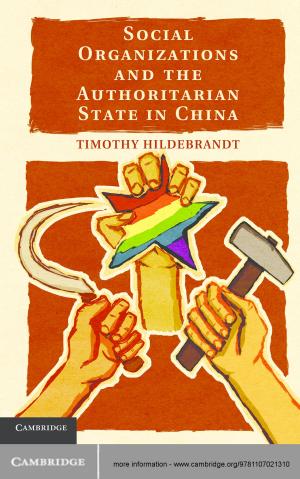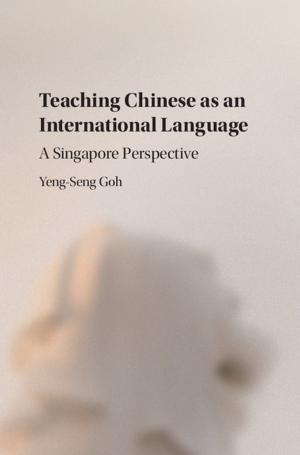Coleridge and the Philosophy of Poetic Form
Fiction & Literature, Literary Theory & Criticism, Poetry History & Criticism, British| Author: | Ewan James Jones | ISBN: | 9781316054734 |
| Publisher: | Cambridge University Press | Publication: | July 31, 2014 |
| Imprint: | Cambridge University Press | Language: | English |
| Author: | Ewan James Jones |
| ISBN: | 9781316054734 |
| Publisher: | Cambridge University Press |
| Publication: | July 31, 2014 |
| Imprint: | Cambridge University Press |
| Language: | English |
Ewan James Jones argues that Coleridge engaged most significantly with philosophy not through systematic argument, but in verse. Jones carries this argument through a series of sustained close readings, both of canonical texts such as Christabel and The Rime of the Ancient Mariner, and also of less familiar verse, such as Limbo. Such work shows that the essential elements of poetic expression - a poem's metre, rhythm, rhyme and other such formal features - enabled Coleridge to think in an original and distinctive manner, which his systematic philosophy impeded. Attentiveness to such formal features, which has for some time been overlooked in Coleridge scholarship, permits a rethinking of the relationship between eighteenth-century verse and philosophy more broadly, as it engages with issues including affect, materiality and self-identity. Coleridge's poetic thinking, Jones argues, both consolidates and radicalises the current literary critical rediscovery of form.
Ewan James Jones argues that Coleridge engaged most significantly with philosophy not through systematic argument, but in verse. Jones carries this argument through a series of sustained close readings, both of canonical texts such as Christabel and The Rime of the Ancient Mariner, and also of less familiar verse, such as Limbo. Such work shows that the essential elements of poetic expression - a poem's metre, rhythm, rhyme and other such formal features - enabled Coleridge to think in an original and distinctive manner, which his systematic philosophy impeded. Attentiveness to such formal features, which has for some time been overlooked in Coleridge scholarship, permits a rethinking of the relationship between eighteenth-century verse and philosophy more broadly, as it engages with issues including affect, materiality and self-identity. Coleridge's poetic thinking, Jones argues, both consolidates and radicalises the current literary critical rediscovery of form.
